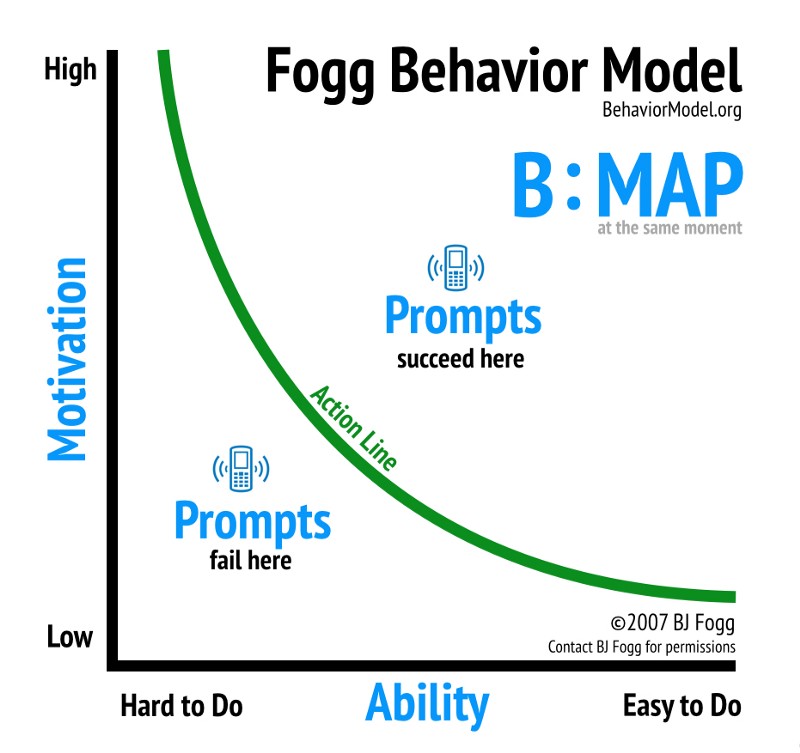
Humans are Rational Beings
This concept comes from the past century and is perfectly illustrated by the “homo-economicus”: humans are consistently rational and narrowly self-interested and usually pursue their subjectively-defined ends optimally.
Just like this caricature, this myth comes from a school of thought largely shared amongst economists and was a cornerstone of liberal capitalism at this time.
Not surprising tho that it has become a popular belief within organizations and amongst business people, and still is today. When something (like this belief) becomes a prism by which people tend to see a part of their world, we can call it a mental model.
However, psychology and neurosciences tell otherwise. We are led by emotions and influenced by our environment. We take –more often than we think– objectively irrational decisions and we unconsciously persuade ourselves that we’re logical.
“Every living being looks for balance within its environment (autopoiesis). Thus, behaviour emerges or results from a recursive process between perception (sensory organs), action (movement) and environment (in a broad sense) in which the being finds itself.The attitude of an individual is guided by the principle of autopoeisis which is understood by the relationship between the subject and the means it disposes of (perception/action) in its environment.”
— Francisco Varela on the concept of “Embodied Cognition”
Interestingly, this means that we can influence people by analyzing how they behave and changing specific elements of their context and/or their ability to do so.

Despite the fact that it’s hard to prevent the cognitive dissonance which occurs between a pre-existing mental model and a divergent concept, business and product people should see here a real opportunity to make better products, services, and even business models.
“You Don’t Design Customers, You Understand Them (Or Not)” — Alex Osterwalder
I know the discomfort of business and product people when talking about this subject: after all, if we are not rational and if our model is wrong, this leads to uncertainty. And our brain doesn’t like uncertainty (nor business do).
And this is where lies the beauty of being modest about what we know and starting to learn from people by observing and asking questions: only then you realize all the opportunities that were “hidden” right in front of you. For that, you can be certain.
Thanks for reading!
Like what you just read?
Give some claps 👏👏👏👏👏👏 and hit the follow button!












Discussion